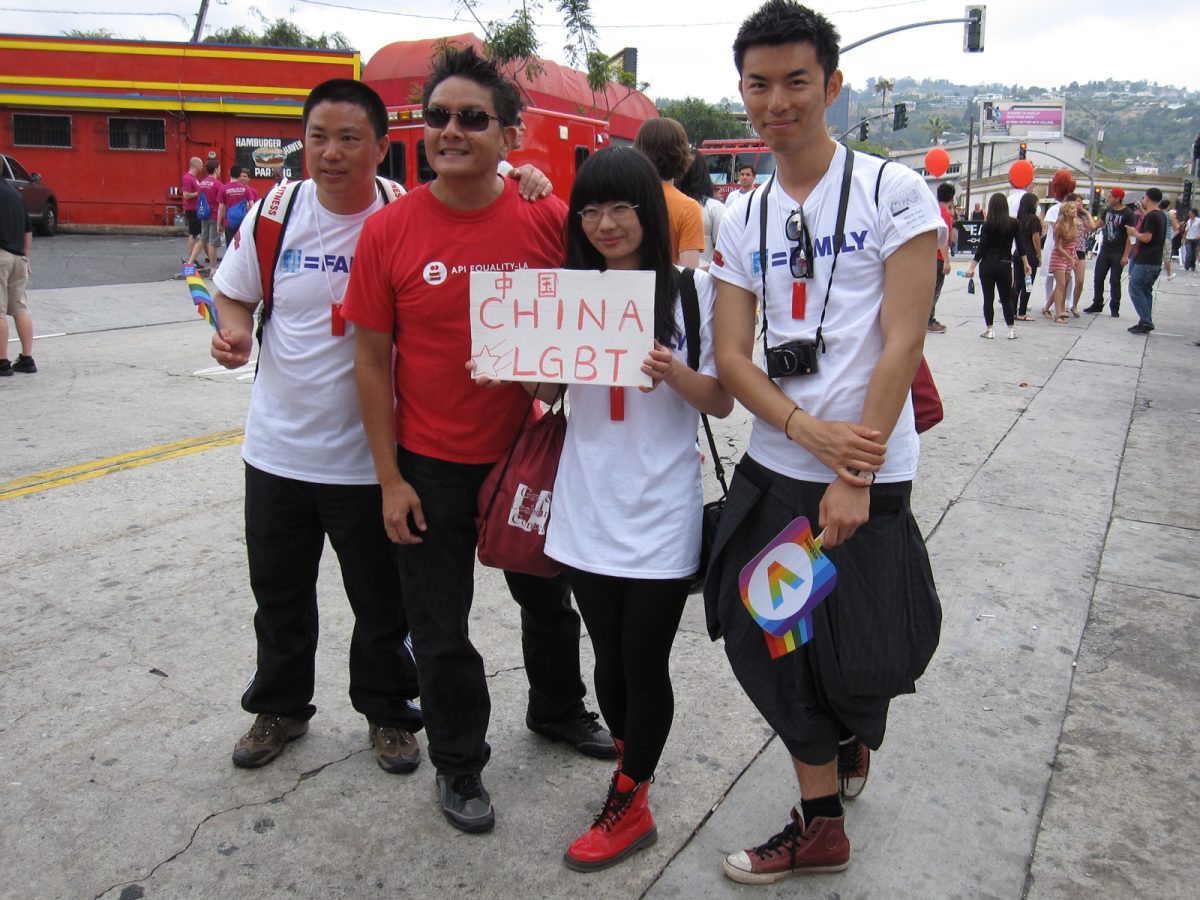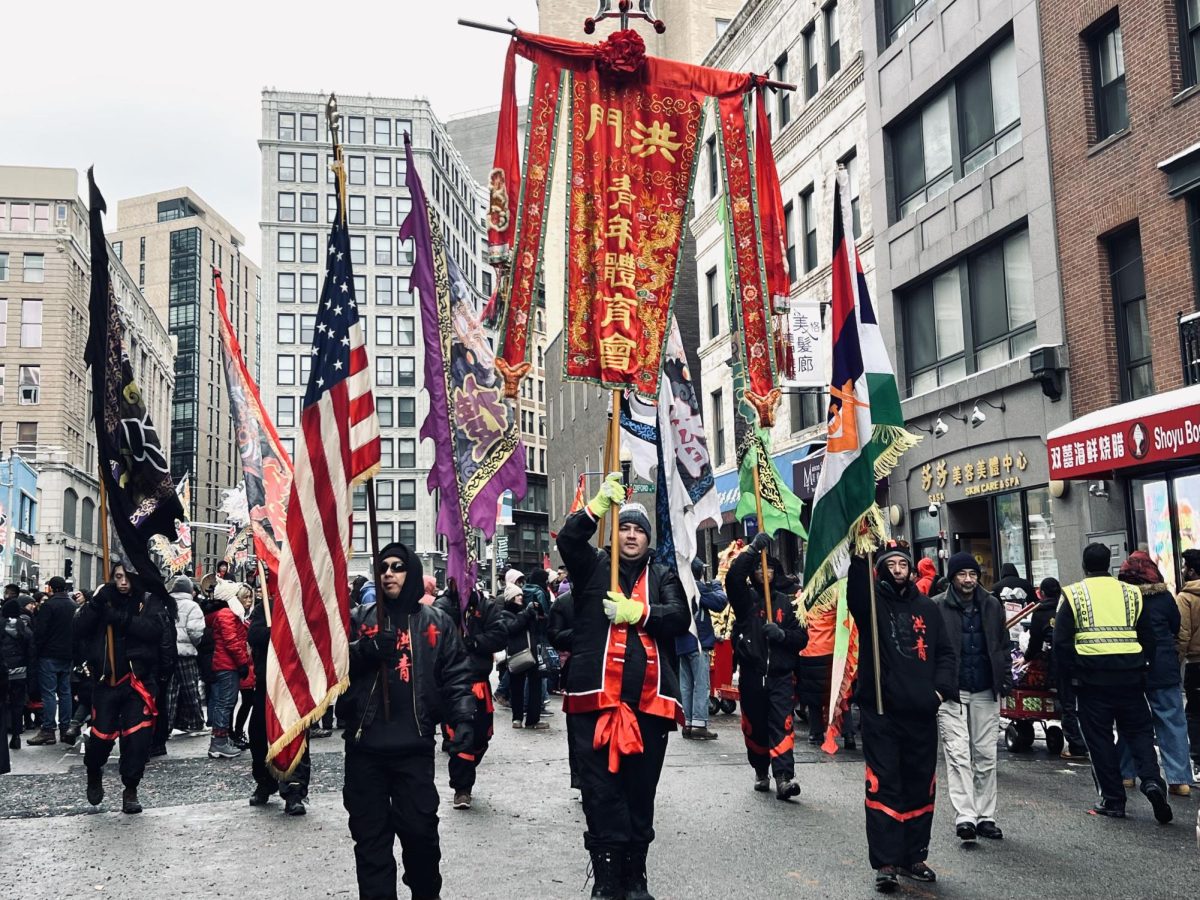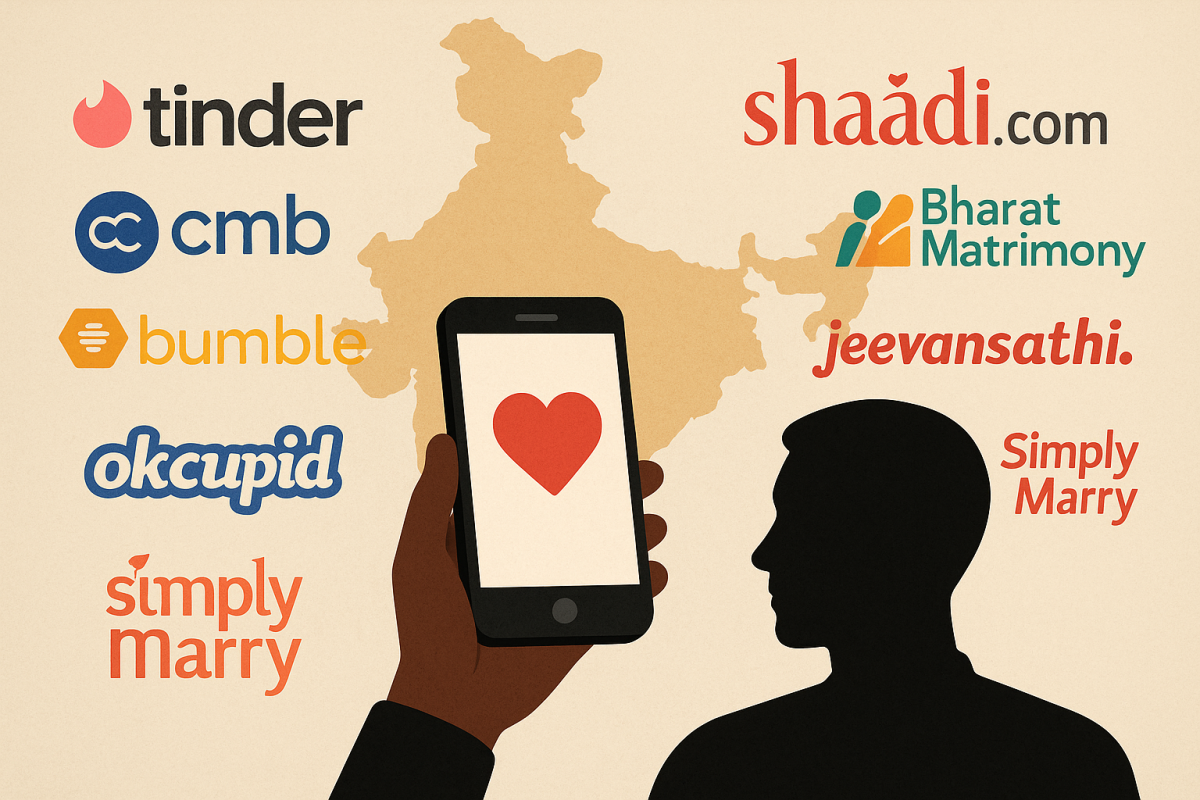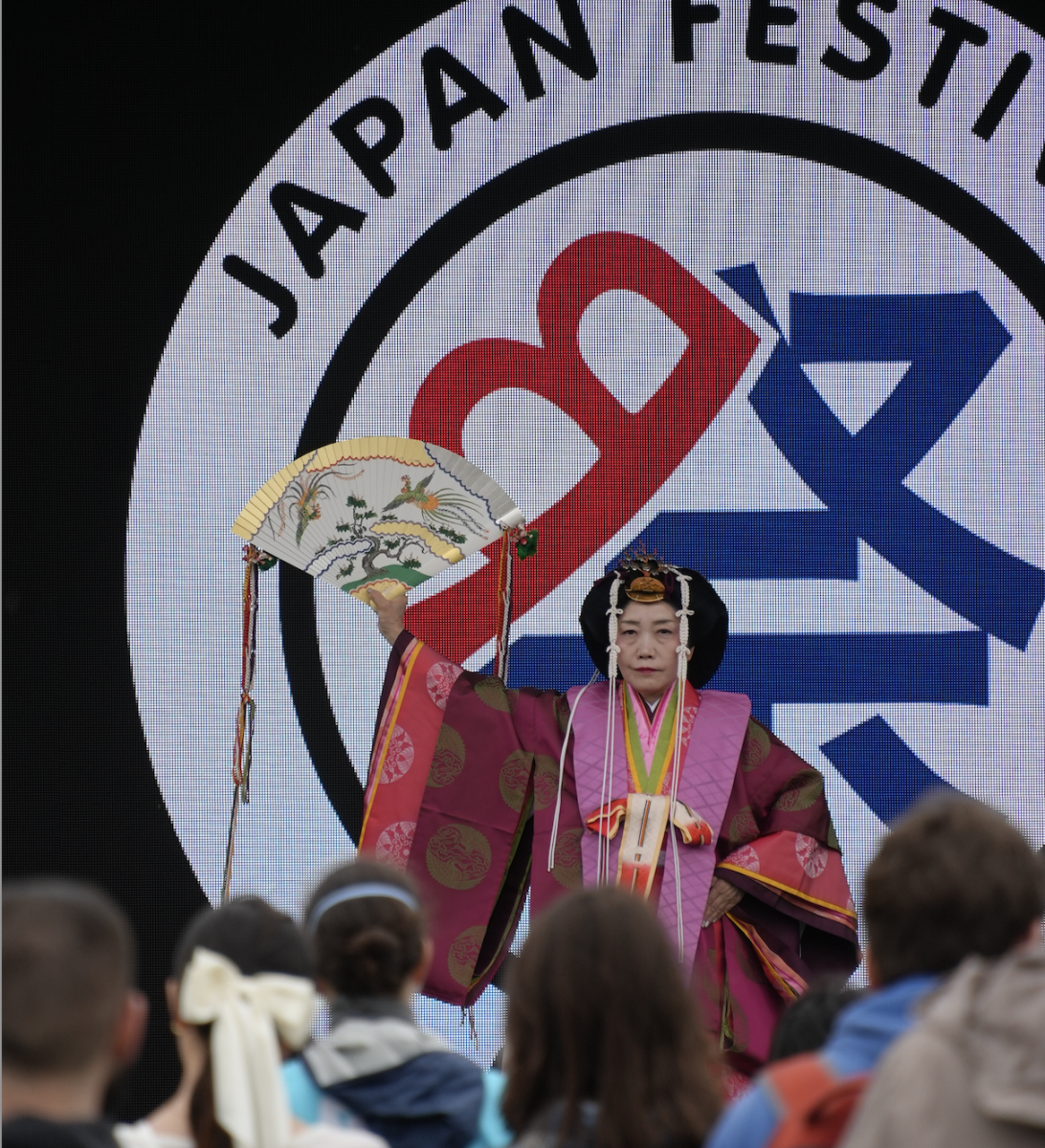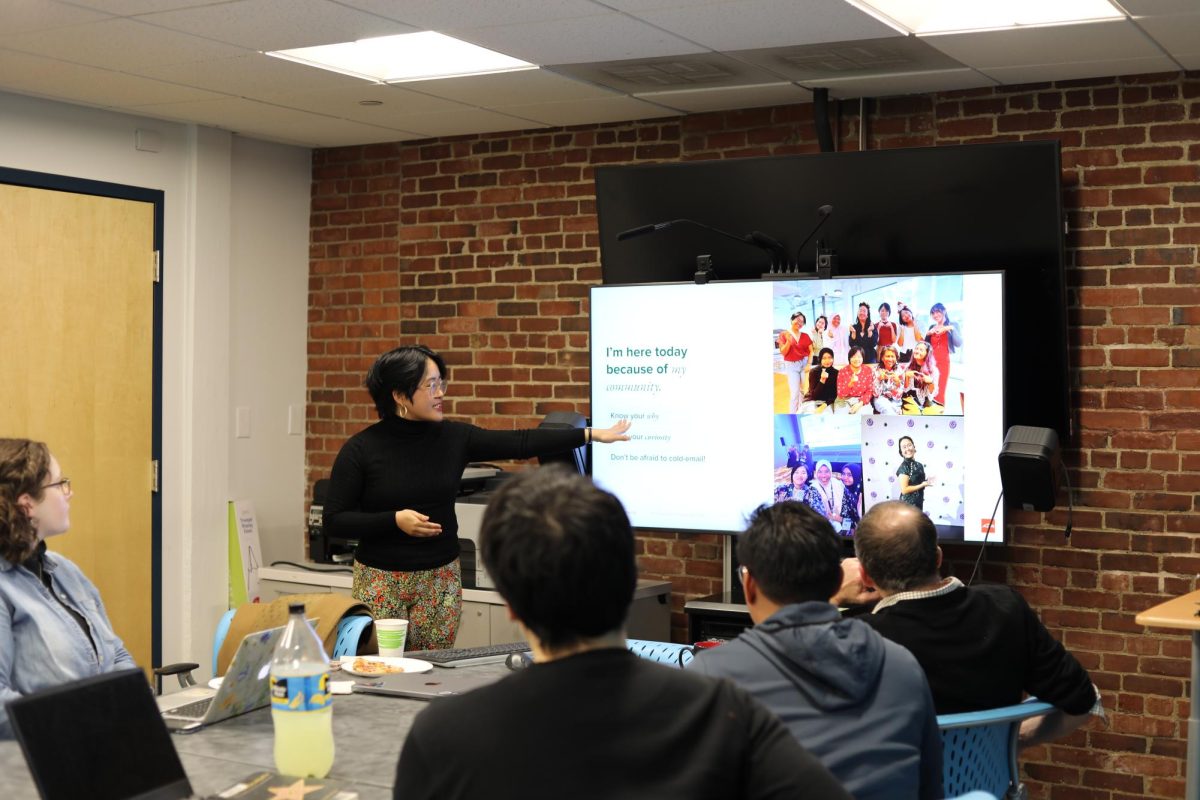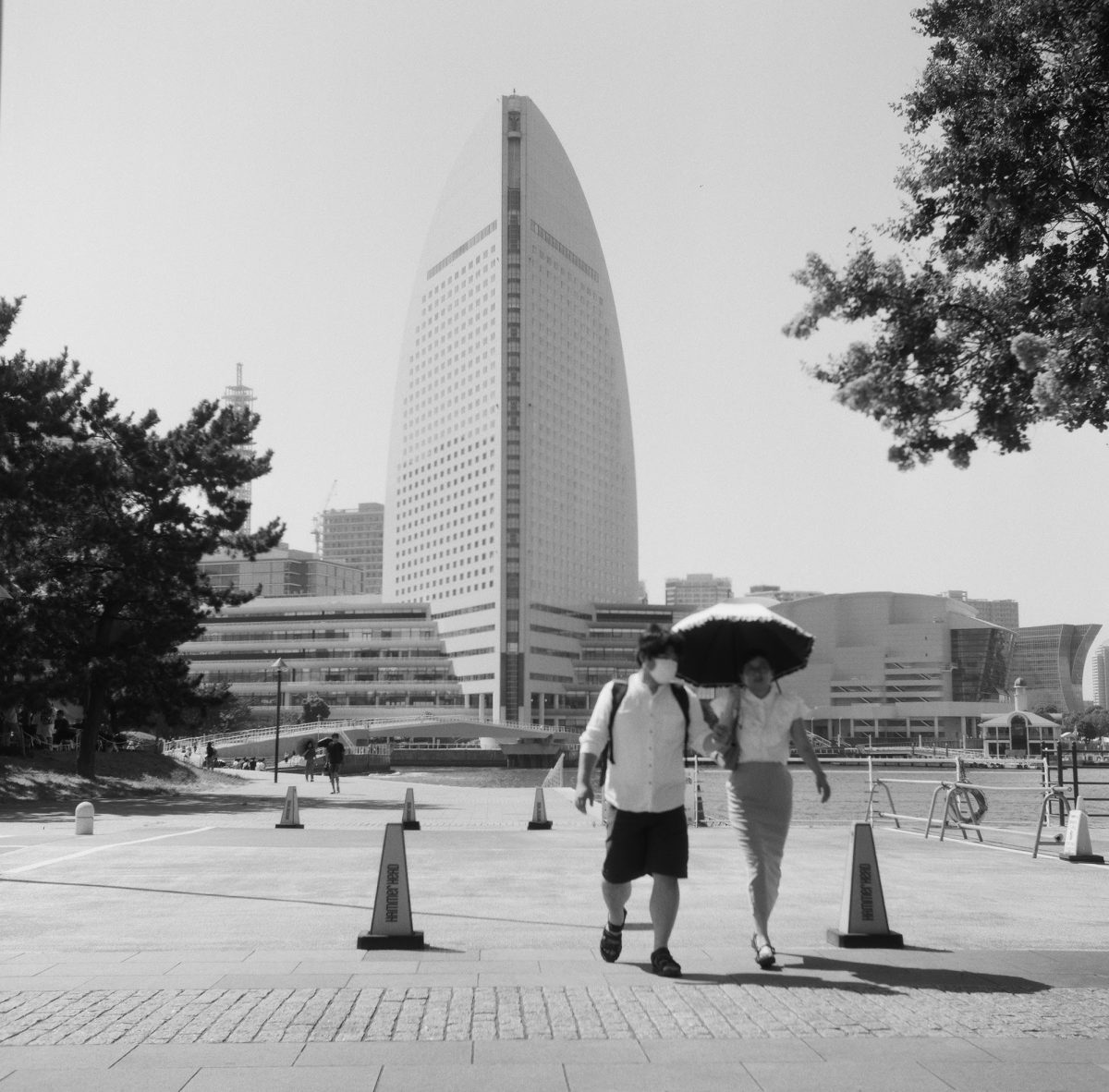On 15 May, the news of the permanent closure of one of China’s largest LGBTQ+ rights advocacy organizations –the Beijing LGBT Center –sent shockwaves through the community. This closure, attributed to “force majeure,” highlights the mounting challenges faced by the LGBTQ+ community in China today.
For the past 15 years, the Beijing LGBT Center has played a vital role in providing essential resources, including low-cost mental health counseling, a directory of LGBTQ+-friendly healthcare providers, and a crisis hotline for transgender individuals. The organization worked with United Nations Development Program to provide a baseline on the hardships queer people living in China.
This closure serves as a poignant reminder that the journey toward equality and acceptance for the LGBTQ+ community in China has been far from smooth. Once flourishing with thousands of LGBTQ+ NGOs a decade ago, today, only sixteen remain.
But this is not an isolated incident. In July 2021, the WeChat accounts of hundreds of LGBTQ+ student organizations and gender equality student organizations were blocked and deleted overnight, causing outrage within the community. According to the website, these accounts supposedly “violated some regulations.” It was a “dark day” for these student organizations, and despite their efforts to notify their original followers and create new accounts, the new ones were quickly blocked as well.
It is disheartening to witness the shrinking space for LGBTQ+ rights advocacy in China. The Chinese authorities’ attitude towards minority groups was characterized by official indifference until 2017. As a result, several LGBTQ+ organizations operated in a gray area in the mid to late 2000s and 2010s. However, in 2017, the Foreign NGO Law took effect, requiring all foreign organizations to register with the police and find government support. Consequently, some NGOs working with foreign LGBTQ+ organizations were forced to leave.
Moreover, China has been actively promoting a certain notion of “masculinity” for several years. In 2021, authorities banned “sissy men”, which is a pejorative term for a boy or man who shows possible signs of fragility/femininity, from appearing on TV, leaving the queer community confused and angered. This regulation against “sissy” men further reinforces harmful gender stereotypes in China.
Reflecting on the bans imposed over the past few years, it is evident that LGBTQ+ organizations in China, which had previously operated in a gray area, are now struggling. The space in which they can speak out is shrinking rapidly. Civil society organizations, including LGBTQ+ groups, feminist organizations, and labor organizations, have all experienced this constriction. In recent years, spaces that were previously not officially sanctioned but not officially banned either have dwindled. To facilitate governance, it seems that the authorities aim to exert control over the cultural export environment, which includes restricting the portrayal of “sissy” men on TV and limiting exposure to homosexuality and other “abnormal” aspects.
The chilling effect of this crackdown extends beyond NGOs, media, and the public sphere—it also reaches into the private sphere. While many countries celebrate Pride Month in June, the LGBTQ+ community in mainland China must ponder the road ahead.
Yet, on a more optimistic note, despite the numerous LGBTQ+ organization accounts that have been shut down on the Chinese Internet, many individuals have chosen to persist in speaking out on LGBTQ+ rights advocacy issues. Some even employ coded language to discuss these topics on Chinese social media. Thus, LGBTQ+ power advocacy in China is not at the end of this rope.

